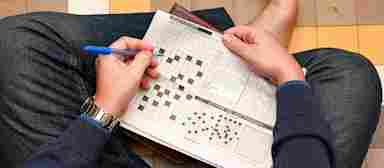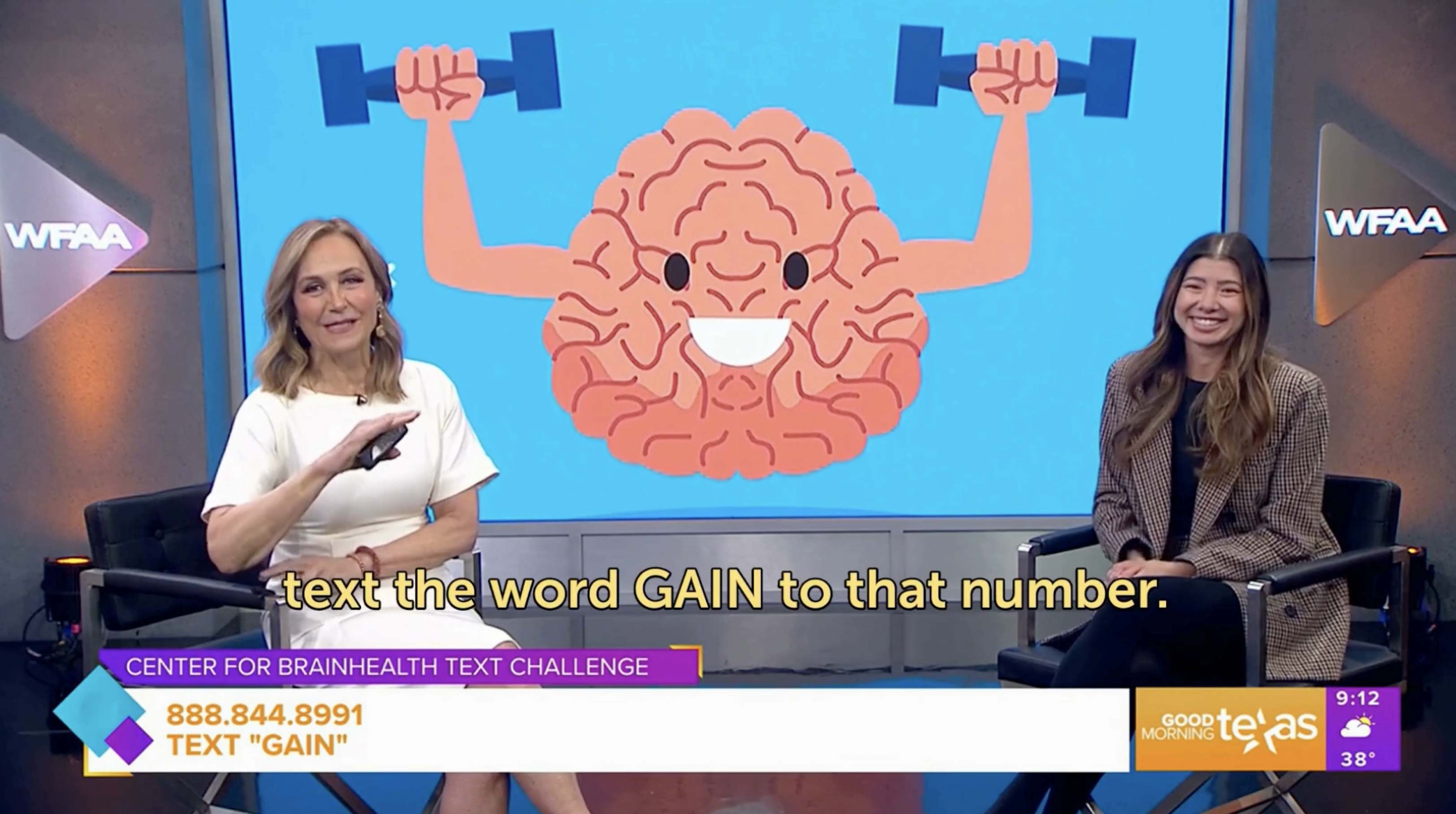Overview
In the quest for building and maintaining cognitive prowess, crossword puzzles have long been a popular pastime. But do these kinds of games actually improve brain function? Research has shown a positive correlation between crossword puzzles and daily life functions, especially for people with mild cognitive impairment or dementia. Experts emphasize that larger clinical trials are needed to unravel the observed associations between crossword puzzles and how our brains function. Keep Your Brain Healthy TodayResearchers like Lori Cook, PhD, CCC-SLP, emphasize that “there is no one-size-fits-all approach to preventing decline as we age.”“”


